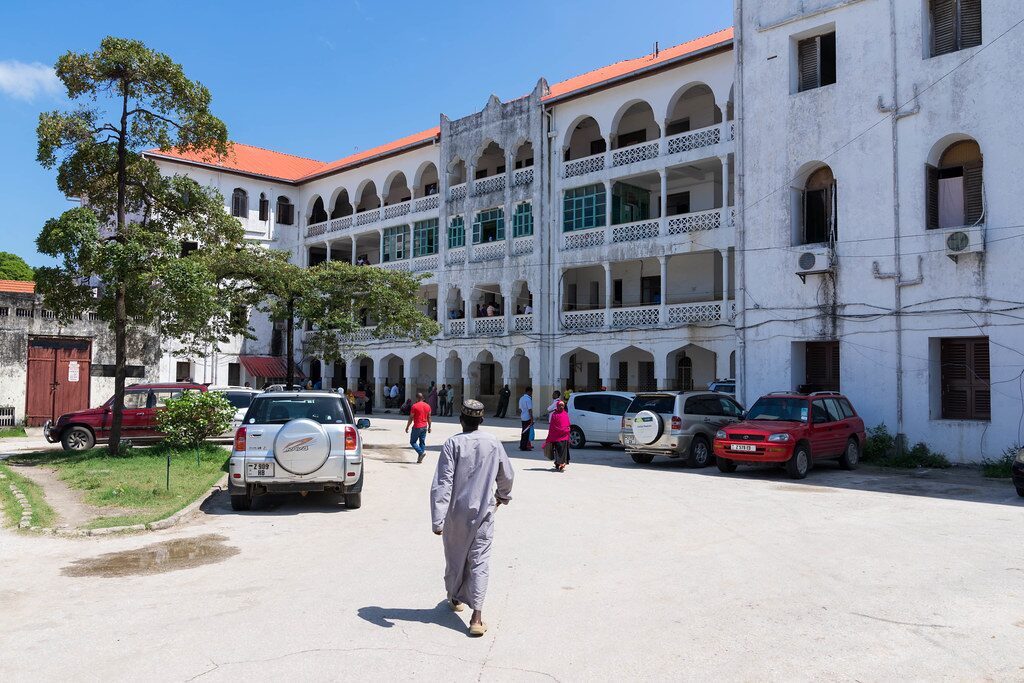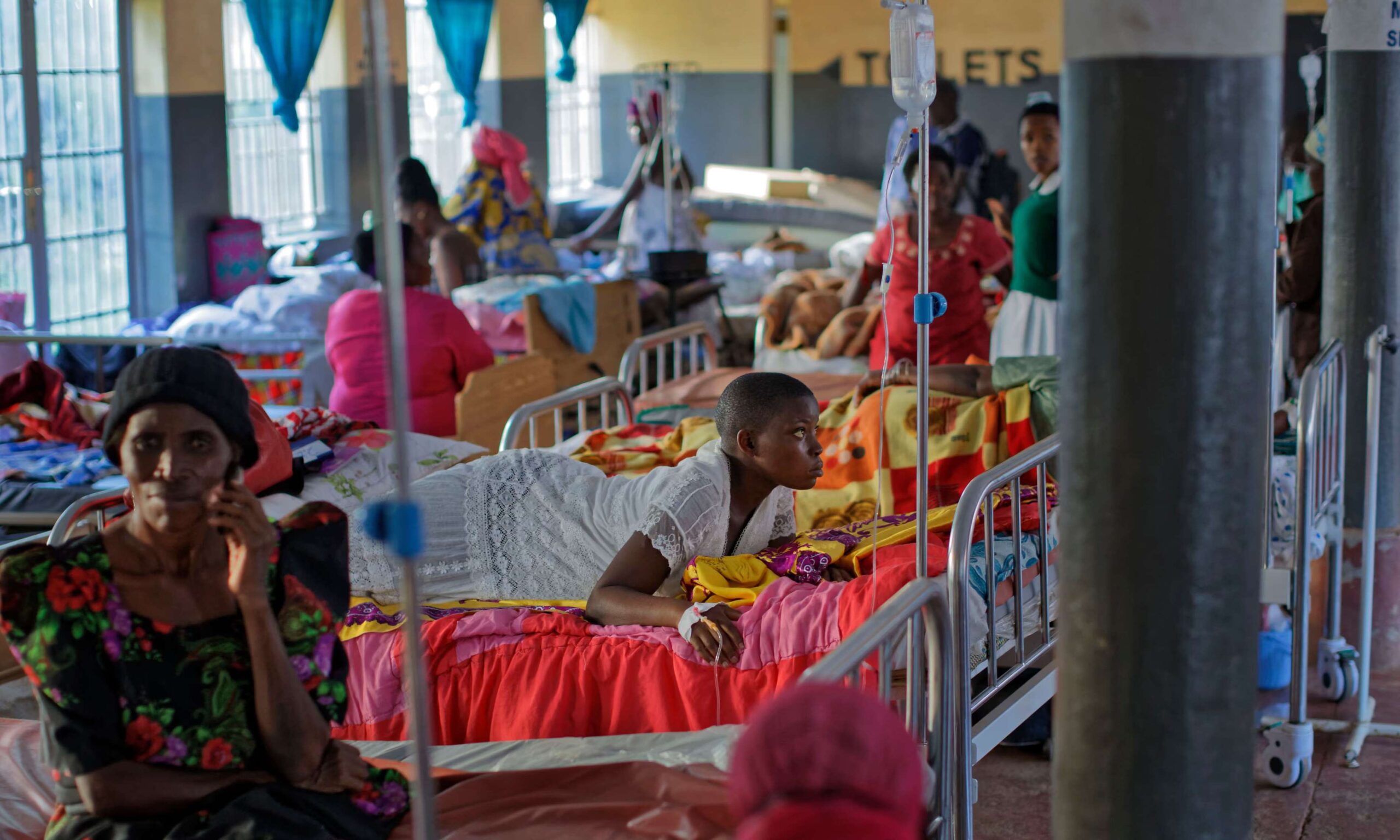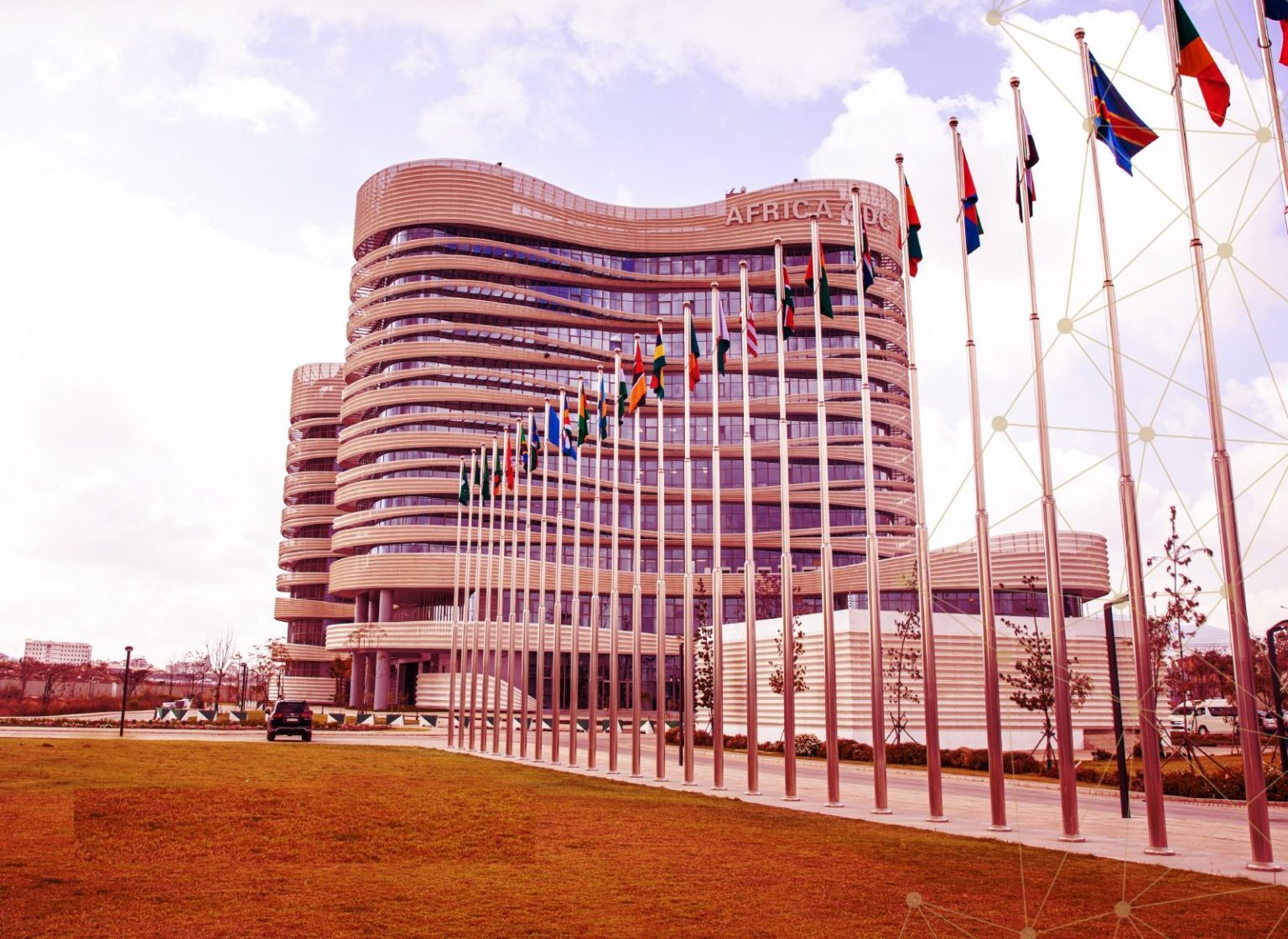
Friday 21st November 2025

by inAfrika Newsroom
The Ethiopia Marburg outbreak has prompted an emergency regional meeting as governments move to contain the deadly virus. Ethiopia confirmed its first Marburg cases last week, reporting at least nine infections in the southern Omo region near the border with South Sudan. The World Health Organization and Africa CDC praised Addis Ababa for fast reporting and transparent communication.
Marburg is a hemorrhagic fever closely related to Ebola, with a fatality rate that can reach 50%. It spreads through direct contact with the bodily fluids of infected people or contaminated surfaces. So far, Ethiopian authorities have isolated cases, traced contacts and deployed specialised teams to the affected area. However, health experts warn that porous borders and weak systems in nearby regions mean the risk of spread remains.
In response, the Intergovernmental Authority on Development (IGAD) convened an emergency meeting of health and disaster officials from member states. Participants are reviewing cross-border surveillance, joint training and stockpiles of protective gear. They are also examining how to use integrated outbreak analytics so that data from clinics, communities and labs feed into a common risk picture.
WHO has deployed technical experts and sent protective equipment, testing kits and an isolation tent to Ethiopia. Meanwhile, Africa CDC is working with national authorities to strengthen infection-prevention measures in health facilities and to support community engagement. Officials stress that clear communication is vital, since rumours and panic can spread faster than the virus itself.
The Ethiopia Marburg outbreak underlines how quickly a local health problem can become a regional security issue. If one country struggles to detect and contain cases, neighbours face higher risks at their borders, airports and trade routes. Strong regional coordination therefore protects both lives and economies. Practical steps — such as shared training, joint simulations and integrated data systems — can cut response times and limit spread. Moreover, successful control efforts in Ethiopia would show that investments in health security and sovereignty are paying off. That evidence could help African leaders argue for more predictable funding from global partners, while also justifying domestic budget choices that favour preparedness over crisis firefighting.


